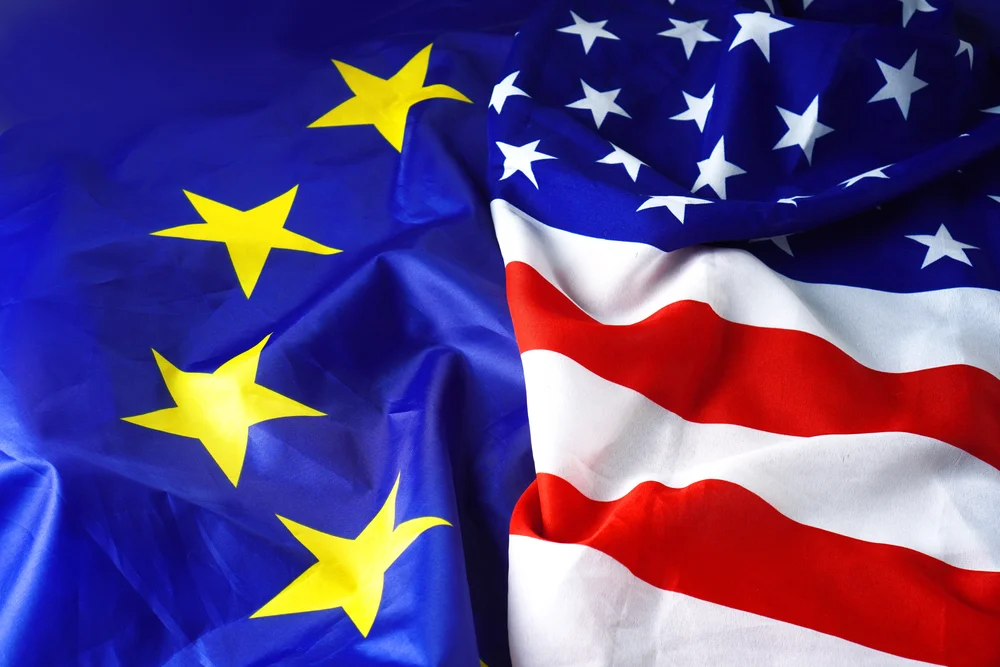Bussiness
Saudi Arabia forms new business council to strengthen ties with Eastern Europe

Revamped Saudi investment law to boost non-oil revenues, attract foreign investors
RIYADH: Saudi Arabia’s recent move to update its investment law is set to have a major impact on non-oil revenues and attract foreign investment by aligning with international best practices.
Announced in August, the new legislation replaces the Foreign Investment Law of 2000 and aims to enhance the Kingdom’s business environment, ensuring equal treatment for domestic and foreign investors.
At the launch of the new law, Saudi Investment Minister Khalid Al-Falih said the legislation “reaffirms Saudi Arabia’s commitment to creating a welcoming and secure environment for investors.”
The strategic overhaul is expected to drive economic diversification and create jobs by fostering a competitive environment and supporting the growth of the private sector.
Key objectives
The updated law strategically positions Saudi Arabia as a global investment powerhouse.
Mahmoud Khairy, an economist and policy adviser with previous experience at the Central Bank of Egypt, said the updated investment law “is expected to significantly enhance the Kingdom’s ability to attract high-quality foreign investments, especially in non-oil sectors.”
“It’s a great milestone for the private sector in Saudi Arabia,” he told Arab News during an interview.
This shift is expected to create a more level playing field and boost investor confidence, a change that Khairy said will “make it easier and faster for foreign investors to enter the Saudi market.”
The law aims to boost investor confidence by safeguarding rights, simplifying regulatory procedures, and providing incentives aligned with international best practices.
These efforts are expected to significantly increase non-oil revenues and job opportunities by attracting more foreign investment, thereby contributing to the Kingdom’s broader goals of economic diversification and reducing unemployment.
Investor protections
A key feature of the law is it guarantees protection against expropriation without fair compensation, ensuring that investors have the freedom to manage and dispose of their investments freely.
Investors are also granted the ability to transfer funds in and out of the Kingdom without delay. Furthermore, the law prioritizes the protection of intellectual property and trade secrets in an effort to foster a secure investment environment.
“The law emphasizes the protection of investor rights, including mechanisms for handling complaints and safeguarding intellectual property,” said Khairy. “This focus on governance and transparency is likely to reassure foreign investors about the security of their investments.”
Streamlined procedures
One of the law’s significant changes is the shift from a licensing requirement to a simplified registration process for foreign investors, reducing bureaucratic hurdles.
The change “eliminates the need for foreign investment licenses, replacing them with a more straightforward registration process,” according to Khairy.
This simplification is designed to make it easier and faster for foreign investors to enter the Saudi market, thereby promoting a more dynamic investment environment.
The law introduced a comprehensive service center to assist investors in navigating government procedures efficiently.
It also allows for the possibility of granting investment incentives based on specific criteria.
Khairy said that “these incentives could include tax breaks, subsidies, or other financial benefits, making Saudi Arabia a more attractive destination for foreign investments.”
International standards
The new law aligns with global investment trends and practices, ensuring that Saudi Arabia remains competitive in the international market.
It has incorporated feedback from various stakeholders, including government agencies, international organizations, and the private sector.
By adopting these global standards, the law aims to improve the Kingdom’s rankings in key global indicators.
Khairy said that by adhering to guidelines from entities like the World Trade Organization and the Gulf Cooperation Council, “the law ensures compatibility with global norms.
“This alignment enhances investor confidence by guaranteeing transparency, fair treatment, and robust protection of property and intellectual rights,” added the economist.
Dispute resolution
To further protect investors, the law provides multiple dispute resolution mechanisms, including arbitration, mediation, and recourse to competent courts.
The flexibility in dispute resolution aims to reduce costs and duration, making the investment process more appealing and secure.
“By creating a more attractive investment climate, the law supports the Kingdom’s goals of increasing non-oil revenues and fostering economic development in various sectors,” Khairy concluded.










